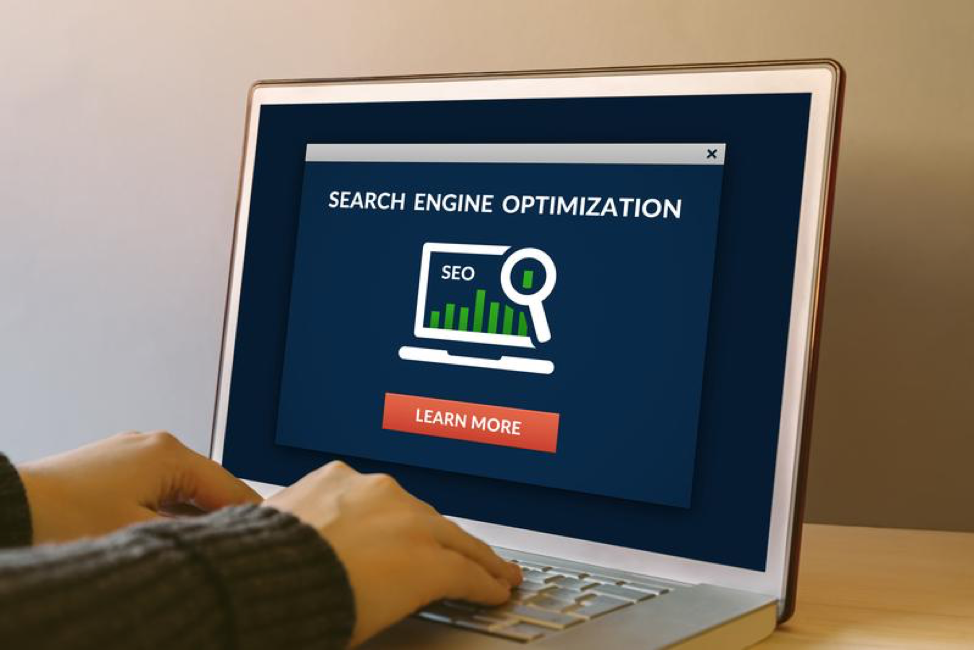In an era defined by technological advancements, Artificial Intelligence (AI) has become an indispensable tool across various industries, including marketing. Leveraging AI in marketing strategies can yield significant benefits, but it also presents its fair share of challenges. As companies navigate the complex landscape of AI integration, understanding the pros and cons is essential for informed decision-making. Let’s delve into the advantages and drawbacks of incorporating AI into your company’s marketing endeavors.
Pros of Using AI in Marketing:
- Enhanced Personalization: AI algorithms analyze vast amounts of data to understand consumer behavior and preferences. This insight enables marketers to deliver highly personalized content, products, and recommendations tailored to individual customers, fostering stronger connections and increasing conversion rates.
- Improved Efficiency: Automation powered by AI streamlines repetitive tasks such as data analysis, email campaigns, and customer support. By freeing up time and resources, marketers can focus on high-level strategies and creativity, driving innovation and overall productivity.
- Data-Driven Insights: AI tools generate actionable insights by interpreting complex data sets in real-time. Marketers can gain valuable intelligence on market trends, consumer sentiments, and competitor strategies, empowering data-driven decision-making for more effective campaigns and targeted outreach.
- Predictive Analytics: AI predictive analytics forecast future trends and consumer behavior patterns with remarkable accuracy. By anticipating market shifts and customer needs, businesses can stay ahead of the curve, adapt their strategies proactively, and seize opportunities for growth.
- Optimized Advertising: AI-powered algorithms optimize digital advertising campaigns by analyzing performance metrics and adjusting targeting parameters in real-time. This dynamic approach ensures maximum ROI (Return on Investment) by reaching the right audience with the right message at the right time.
Cons of Using AI in Marketing:
- Privacy Concerns: The collection and analysis of vast amounts of consumer data raise privacy concerns regarding data protection and user consent. Mishandling sensitive information can damage trust and tarnish the brand’s reputation, leading to regulatory fines and legal repercussions.
- Bias and Fairness Issues: AI algorithms are susceptible to biases inherent in the data they are trained on, potentially perpetuating discrimination and inequality. Marketers must implement robust measures to mitigate bias and ensure fair and ethical AI practices to uphold corporate values and societal norms.
- Dependency on Technology: Over-reliance on AI technology may lead to a loss of human touch and creativity in marketing strategies. While automation streamlines processes, human intuition and empathy remain invaluable assets in understanding nuanced consumer needs and emotions.
- Cost and Complexity: Implementing AI solutions requires significant investment in infrastructure, software development, and staff training. Small and medium-sized enterprises (SMEs) may face financial constraints and technical challenges in adopting AI, limiting their ability to compete with larger competitors.
- Risk of Over-personalization: While personalized marketing can enhance customer engagement, excessive targeting and intrusive tactics may alienate consumers and undermine brand trust. Finding the right balance between customization and privacy is crucial to maintaining positive customer relationships.
In conclusion, incorporating AI into your company’s marketing arsenal offers tremendous opportunities to drive growth, efficiency, and innovation. However, it is essential to navigate the potential pitfalls and ethical considerations associated with AI implementation. By embracing AI responsibly and integrating it seamlessly into your marketing strategy, you can unlock the full potential of technology while preserving customer trust and brand integrity in an increasingly digital landscape.




